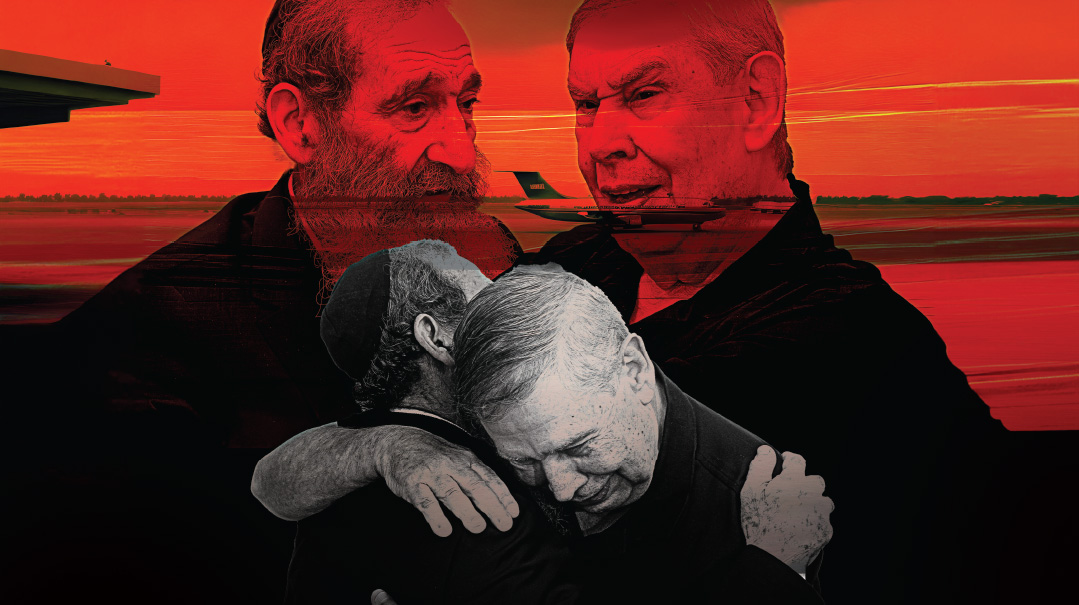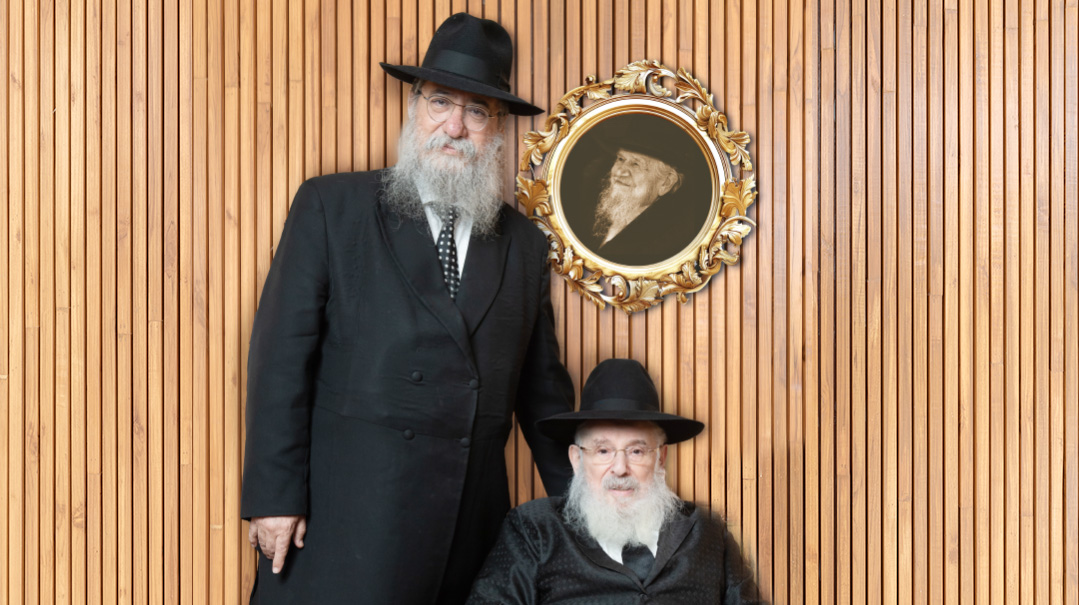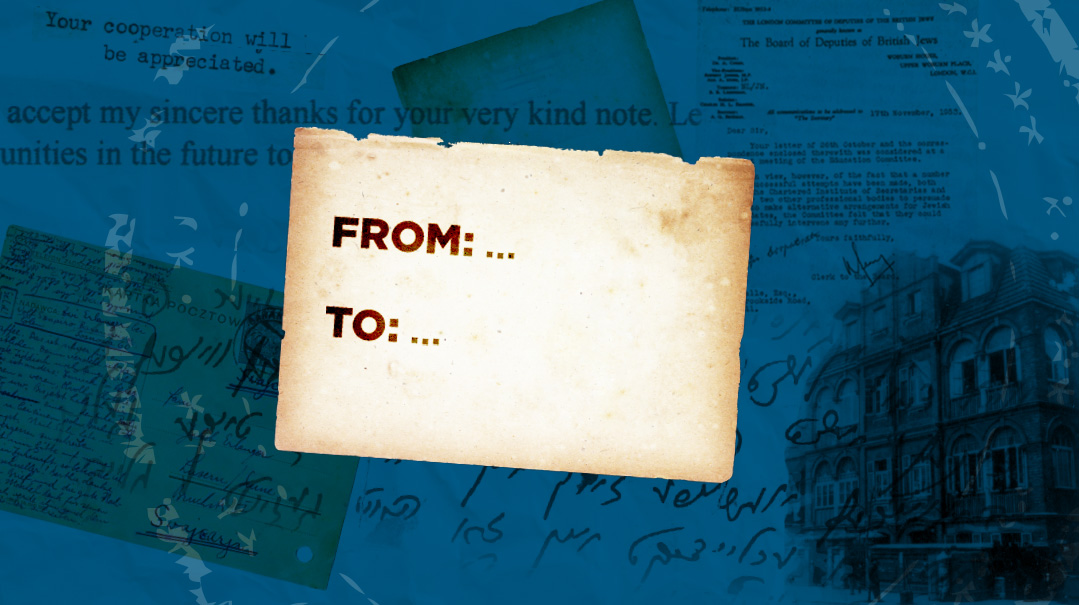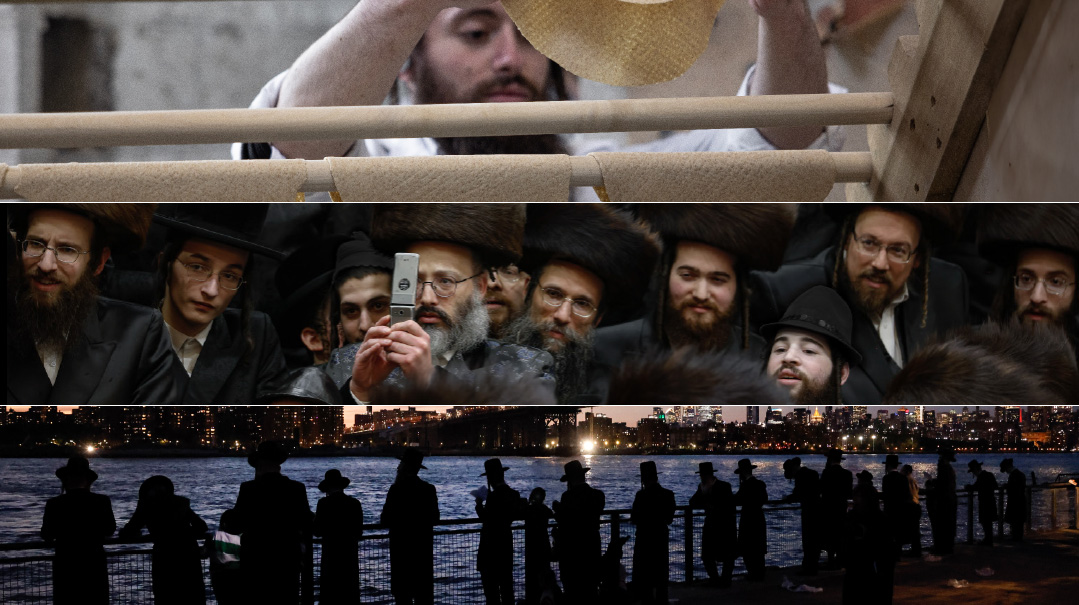Finding Harmony
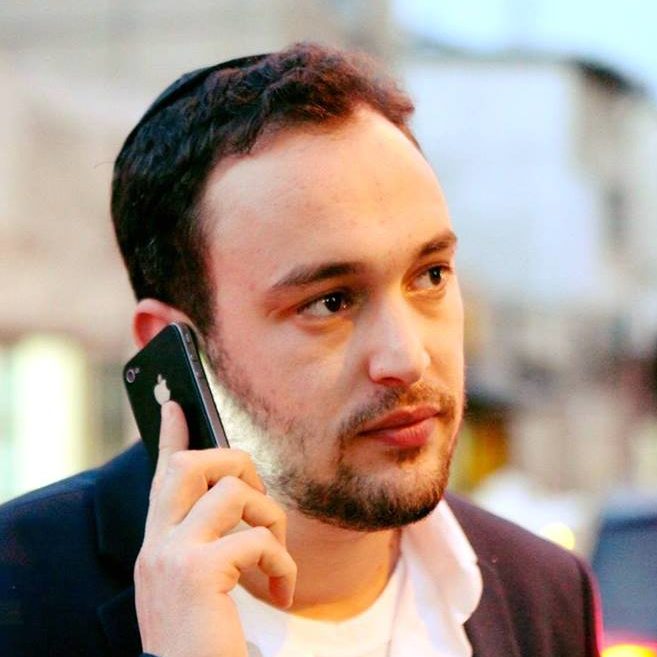
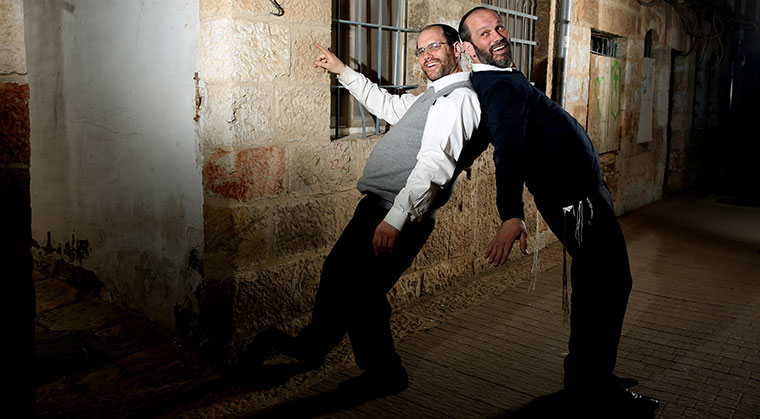
BROTHER TO BROTHER “Since we’re so aware of each other’s tastes and tendencies we’re able to harmonize really well” says Yonatan. “I can sort of predict which chords Aharon will pick and he’ll guess how I’m going to improvise on a theme. In a profound way we each complete the other” (Photos: Eli Cobin)
Y onatan and Aharon Razel two brothers with their own distinctive styles have captured the spotlight on the Jewish music scene. Yonatan is the contemplative soul-singer whose music is shaped by classical motifs while Aharon fuses popular rhythms and his driving guitar with spiritual messages. As they’ve found their individual places in the modern musical landscape — creating songs that speak to religious and secular alike — they’ve also learned to harmonize the many mutual threads in the spiritual messages they weave with their music.
In their own words they trace the journey of their private symphony…
On How It All Began
Yonatan: We were born in New Jersey in a highly musical home. Our grandfather Mark Rosler was a major influence on us. A Holocaust survivor and deep believer he was also a famous cellist and eventually taught me to play the cello too. Aharon: Our parents believed in exposing us to the world of music and developing our talents and self-expression so we were both writing music from a very young age. Later our family made aliyah and settled in Nachlaot which is a very musical neighborhood in Jerusalem so we continued to write and play and sing.
On the Path to Yeshivah
Yonatan: I’m a bit older than Aharon so it was a bit quicker for me to find a calling in music. I have classical training in piano cello composition and conducting and was already conducting professionally in high school — which I then continued in the IDF orchestra and the Israel Chamber Orchestra. Aharon didn’t take on music full time until he was finished school.
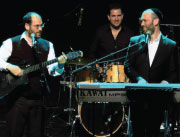
“Every Purim I compose a new tune and give it to my neighbors” Aharon says. “I call it ‘shalach music.’ I select some text connected to the Yom Tov and compose a tune to match. Then I record the new song and give out the discs to my neighbors together with my shalach manos”
Aharon: We took different paths to Torah too. My music career was very promising but it didn’t satisfy my need for people and spirituality. I tried studying psychology — both my parents have advanced degrees in educational psychology — but eventually I realized that yeshivah was my real calling. I spent close to a decade in the Mir Yeshivah and still spend most of my day learning.
I did things a bit differently from Yonatan. He took a long route to the Mir. But me — once I knew I was looking for a pure Torah source I went straight to Tzfas to a yeshivah for baalei teshuvah. That’s where I found myself.
So we took different paths but we reached the same conclusion.
On the Big Break
Yonatan: I may be older but Aharon broke in first. His debut album Many Waters immediately became a trendsetter.
Aharon: My album was this new genre of popular music with a chassidic undertone. It was fresh it was different and it took off in a very sudden and promising way. What’s funny is that even though the songs all had strong religious messages — think “Zman Hage’ulah ” “Hasneh Bo’er ” and “Eich Eleh el Avi” — they became very popular among the secular Israeli public long before they reached the religious community.
Yonatan: It took me a longer time to find my footing. I was known primarily as Aharon’s brother for many years as one recording company after another rejected my music. They didn’t believe that anybody would be interested in the types of songs I was creating — not quite religious not quite secular. Finally I signed a contract with the company Hatav Hashmini (Eighth Note) whose managers believed in me and in my music. And I’ve found an audience — mainly among the Torah-observant but there are also Yonatan Razel fans who aren’t religious at all. They just want to hear music that reflects Jewish values; it speaks to them. (Excerpted from Mishpacha Issue 655)
Oops! We could not locate your form.

